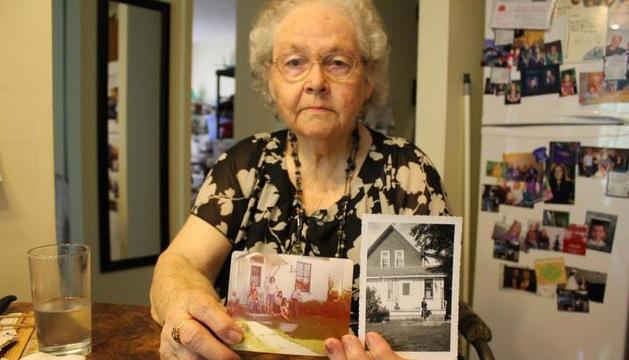
2 minute read
Feds issue grocery rebate for low-income Canadians
Alex Muzychko News Reporter
North York grocery store employee
Advertisement
Axel Retanan, is feeling some financial relief from the recent federal budget that will provide a one-time payment to low-income Canadians struggling to help with the rising cost of food.
“I mean, yes I am glad to be getting a payment, but if you really think about it, it’s not going to really do anything,” Retanan said. “I am happy that the government is thinking about low-income Canadians like me, but I really think they should save that money and use it to actually solve the real problem, which is inflation.”
Ratanan is grateful for the benefit but his biggest concern is the long term.
“This is only a one-time payment, So what about the rest of the year?” he asked. “I think if Canada focused on lowering food costs rather than giving out money, it would benefit everyone better.”
With global inflation rising, the a2023 budget has made space for a one-time payment to low-income Canadians to help with the cost of food.
“Our more vulnerable friends and neighbours are still suffering from higher prices, that’s why our budget contains targeted, temporary relief from the effects of inflation for those who need it,” Minister of Finance Chrystia Freeland said in a statement after releasing the 2023 budget on March 28. This benefit will be included in the GST/HST rebate system. No specific date to release these funds has been announced yet, but GST/HST credit payments are set to be released on April 5, July 5 and Oct. 5.
According to Canada’s Food Price Report, a family of four will spend up to $16,000 this year. The rebate will be giving a family of four $467. Canadians without children will be receiving $234 and single Canadians will be getting $225. Retanan is not the only one who feels that this benefit is underwhelming. Syvain Charlebois, the senior director of the Faculty of Agriculture at Dalhousie University, believes there are many other ways the Canadian government can help.
“The grocery rebate really to me is a missed opportunity to look at the issue of insecurity over the long-term. It’s not going to help much, and people can actually spend that money outside of a grocery store,” Charlebois said.
He said he believes the Canadian government used an opportunity to help people very poorly.
“If you are to help people at a grocery store you may want to support a program that will actually help them with groceries,” Charlebois said.
The program he is referring to is the food stamp program in the U.S. This program gives low-income Americans stamps they can use at the store to pay for food, and this way they cannot use the stamps for anything that is not food.
“I think we are at a point where we really need to think about how we can we actually support people who are permanently in a food insecurity situation,” Charlebois said.










